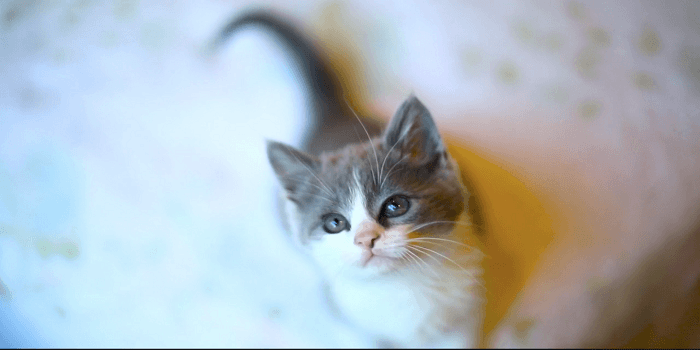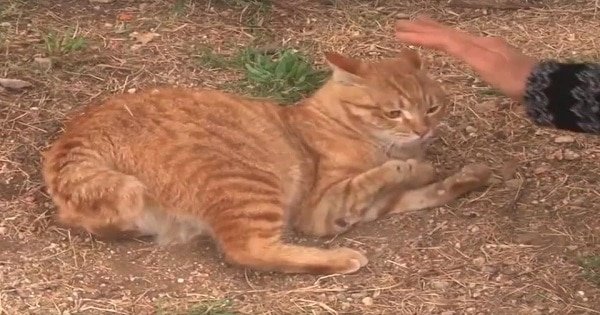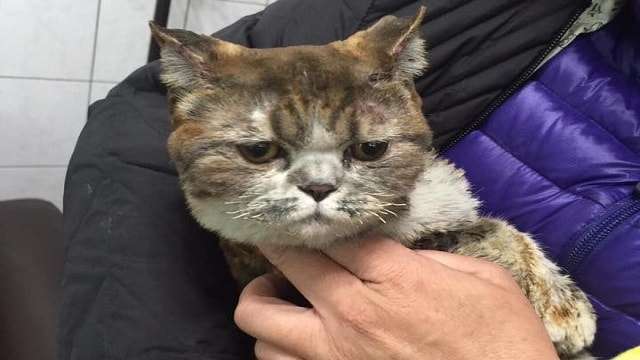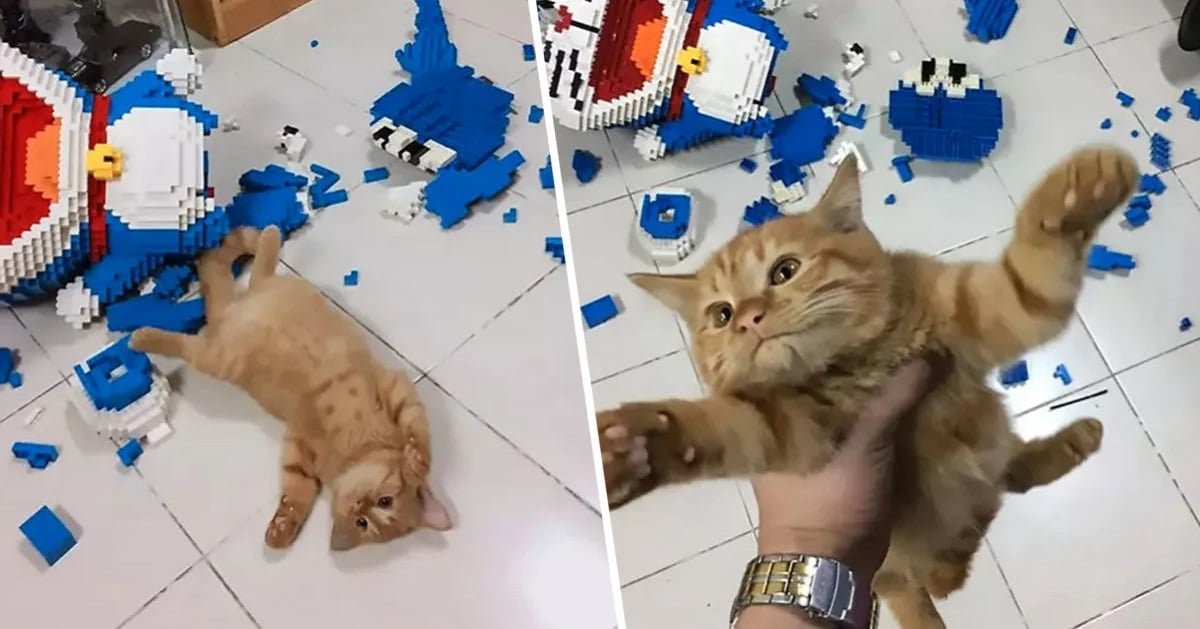Newborn kittens are such absolute precious little things that require so much love and care – especially if their mama can’t be there for them.
Most newborn kittens actually require round-the-clock care from their human foster parents and that includes close monitoring for symptoms of distress.
Fading kitten syndrome isn’t merely one single disease, but a combination of many underlying causes that lead to quickly declining health and even death. Caregivers who recognize the signs can act quickly with the proper treatment when it is necessary.
What Are The Causes Fading Kitten Syndrome?
According to a veterinary technician named Ellen Carozza, there are quite a few things that can cause a kitten’s health to take a dramatic turn for the worse:
1. Environmental factors
2. Congenital defects
3. Parasites
4. Bacterial or viral infections
5. Even human error while hand-raising them
Kittens’ bodies usually don’t have strong enough immune systems to combat most things. If the little one contracts even a small bout of diarrhea, their health can quickly decline with the additional symptoms of dehydration and hypothermia.
These three combined may trigger fading kitten syndrome, but if you recognize the signs, however, you can stop it before it even starts…
Newborn kittens are indeed very fragile and for the first few days of their lives, all they actually do is meow. It takes lots of attention and care to keep a little kitten from getting too hot or too cold.
If a kitten is orphaned, they need a human caregiver to do everything their mama would have done: feed them, clean them and also stimulate bowel movements.
While closely monitoring your tiny kitten, you’ll want to be aware of the signs of fading kitten syndrome.
Symptoms:
1. Lethargy
2. Lack of interest in nursing
3. Sleeping separately from the litter
4. Whining
5, Skin feels less elastic (a symptom of dehydration)
6. A gaunt and triangular looking face (a sign of not enough nutrition)
Your kitten may also not be able to gain weight – or worse even lose weight. To be absolutely sure that they’re on the right track, weigh your kittens daily and compare them to their brothers and sisters.
If you happen to notice any of these signs, bring that baby to the vet immediately. It may be too late if you wait until the next day.
If you happen to be a rescuer or a foster parent, you’ll want to learn the following advanced kitten care skills. You should talk to a licensed veterinary professional and do all you can to learn how to administer this kind of care under their guidance and supervision first:
1. Tube feeding
2. Subcutaneous fluid therapy
3. Proper administration of iron, vitamin B12 or dextrose
The most important thing of all to know is that waiting is not an option when it comes to fading kitten syndrome. Carozza explained to PetMed that “by acting quickly, understanding the symptoms, and working with the right veterinary team, the chance of survival goes up exponentially, the biggest killer to these little guys is waiting.”
*This article was originally written by Hannah Shaw From Kitten Lady via PetMD, with quotes from Ellen Carozza, who is a prominent veterinary technician!
h/t: PetMed










